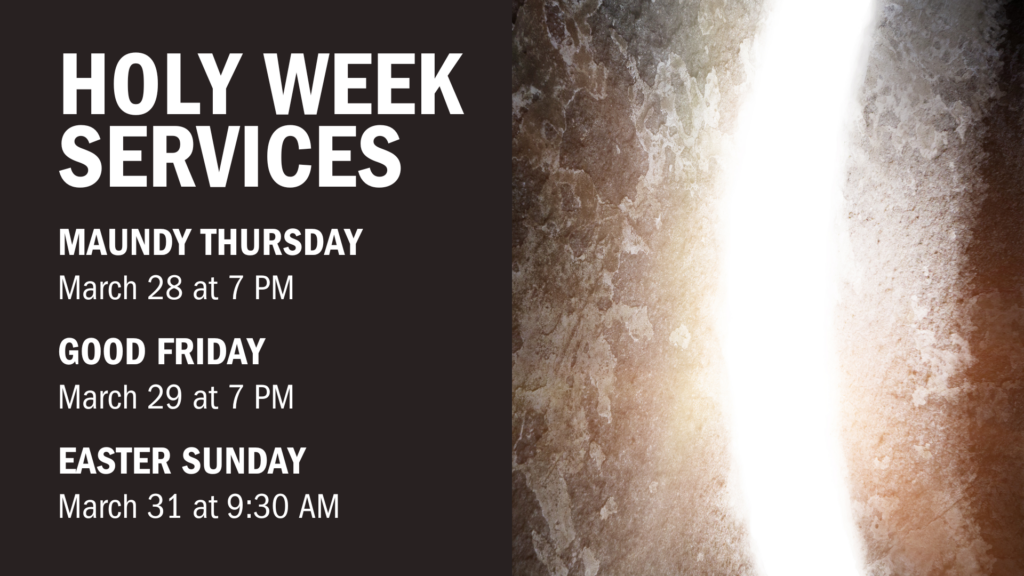[et_pb_section fb_built=”1″ _builder_version=”3.22.3″][et_pb_row _builder_version=”3.22.3″ background_size=”initial” background_position=”top_left” background_repeat=”repeat”][et_pb_column type=”4_4″ _builder_version=”3.0.47″][et_pb_text _builder_version=”3.0.74″ background_size=”initial” background_position=”top_left” background_repeat=”repeat”]
I like poetry. I realize it is not for everyone, especially much of what is offered today as poetry, but because the poet is an artist, he or she provides insight into the world that goes beyond my own shallow interpretations. I think reading poetry is important.
My reading habits include the romantic or nature poets like John Clare to the war poets like Edward Thomas or Siegfried Sassoon and everything in between. Yet, for me, nothing beats the “divines,” those pastors as poets like George Hebert who weave rich theological understanding and our own humanity into insightful verse.
Of course, these pastors as poets are not new. The psalms are poetry, poetry set to music. They are poetry that weaves rich theological understanding and our own humanity into insightful verse. David, who was not a pastor, but was a shepherd, is known to us as one of the great authors of the psalms, in particular, psalms that reflect all too well the brokenness of the world and our own sinful nature.
Take for example Psalm 6, one of David’s and said to be “a dark psalm.” The contemporary poet and Anglican priest Malcolm Guite writes, “the psalmist seems at once fearful of God and forgetful of his mercy, so it [Psalm 6] opens:
O LORD, rebuke me not in thine indignation: neither chasten me in thy displeasure.Have mercy upon me, O Lord, for I am weak: O Lord, heal me, for my bones are vexed.”
Guite continues, “but the psalmist works through these fears and misgivings and is able to say just before the end of the psalm:
The Lord hath heard my petition: the Lord will receive my prayer.
It is this honesty about difficulty, fear, and misgiving which makes the Psalter so compelling and gives its moments of joy and recovery their full force and authority.”
Guite goes on to write, “In my own response to this psalm I picked up a phrase from verse 5 that ‘in death no man remembreth thee’ and used it to explore the kind of forgetfulness and amnesia that sometimes darkens our spiritual life. One function both of scripture and of poetry is to re-awaken our good memories of God.”
Reawaken our good memories of God. I love that phrase. The function of both scripture and poetry is to reawaken our good memories of God so as to root out the forgetfulness and amnesia which sometimes darkens our spiritual life. That’s good.
Here’s my challenge to you reader: read Malcolm Guite’s blog and listen to him read his short, poetic response to Psalm 6. Listen to his good memories of God being reawakened in him. Once you’ve done that, write down in your journal or in the margins of your Bible next to Psalm 6, the good memories of God you have. Deal with your spiritual amnesia. By reading David’s poetry, what is reawakened in you, O’ child of God?
In the Good memories of God,
Pastor Tom
[/et_pb_text][/et_pb_column][/et_pb_row][/et_pb_section]


